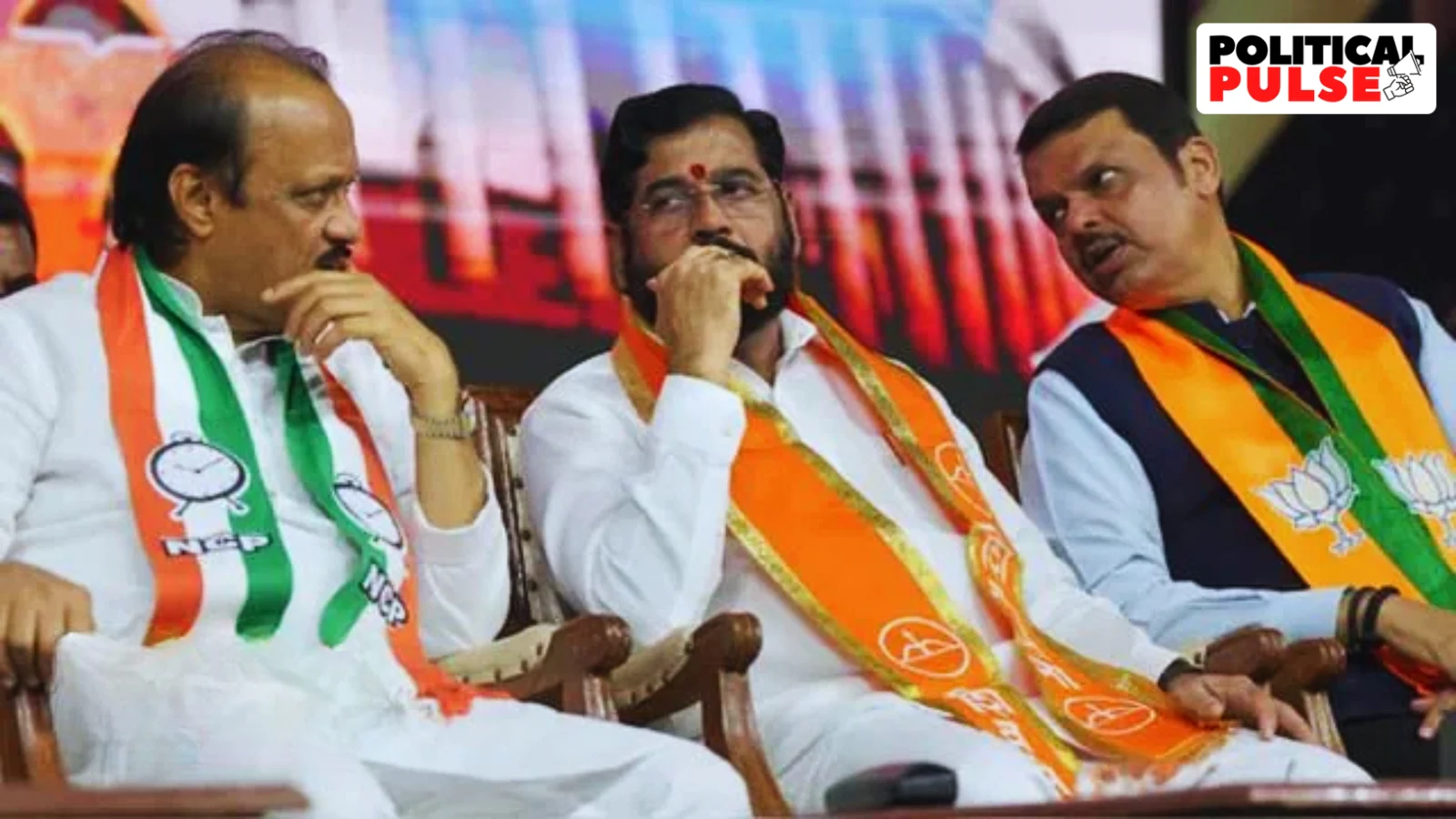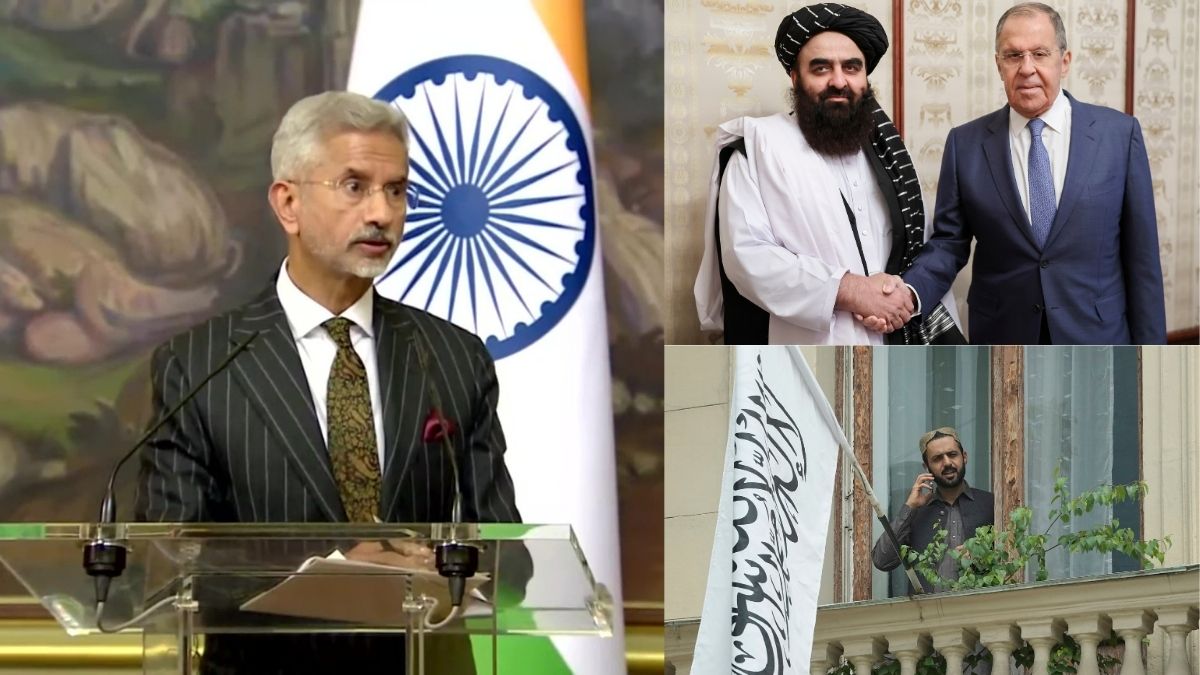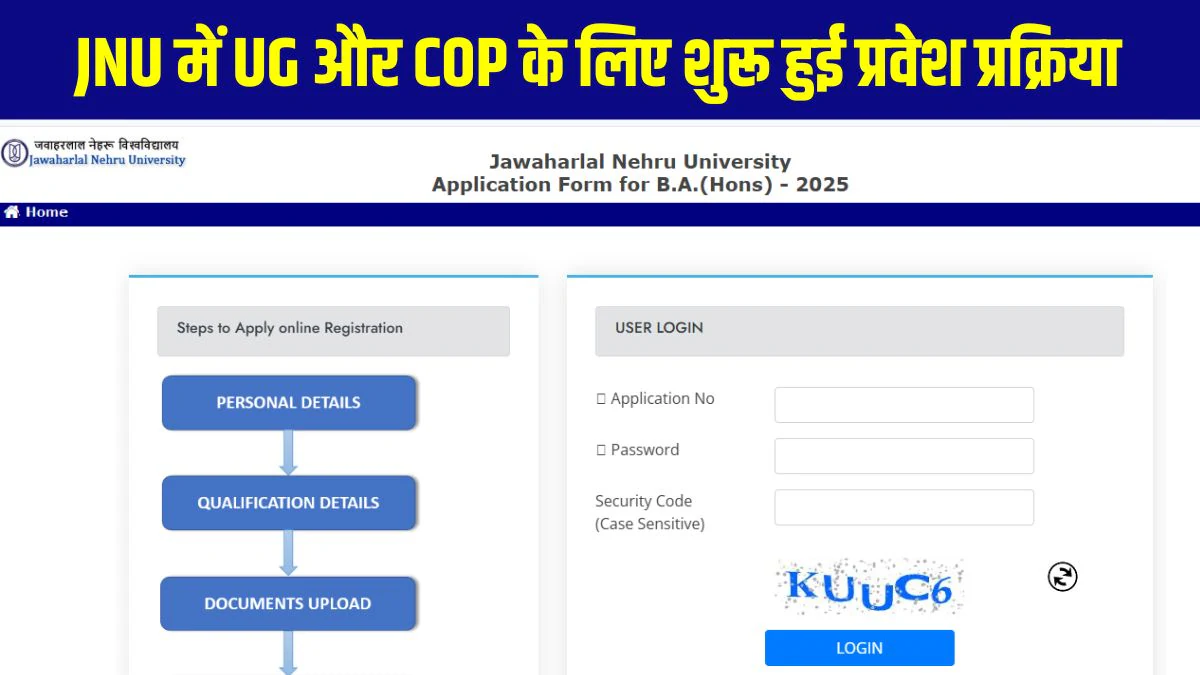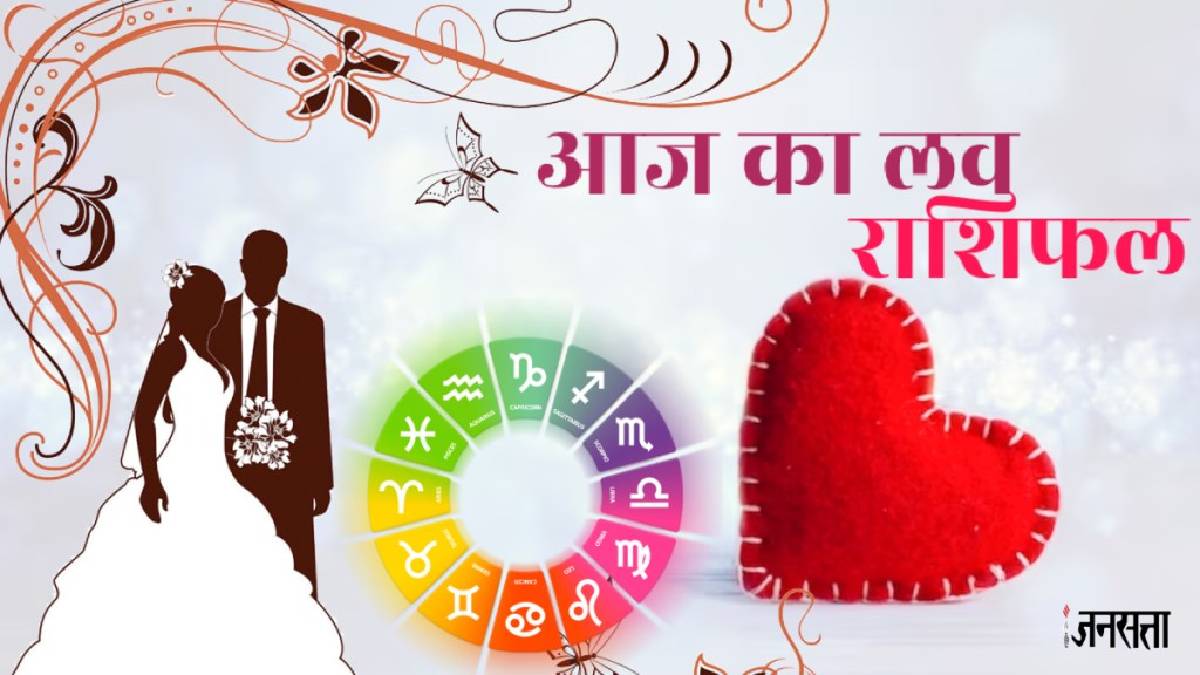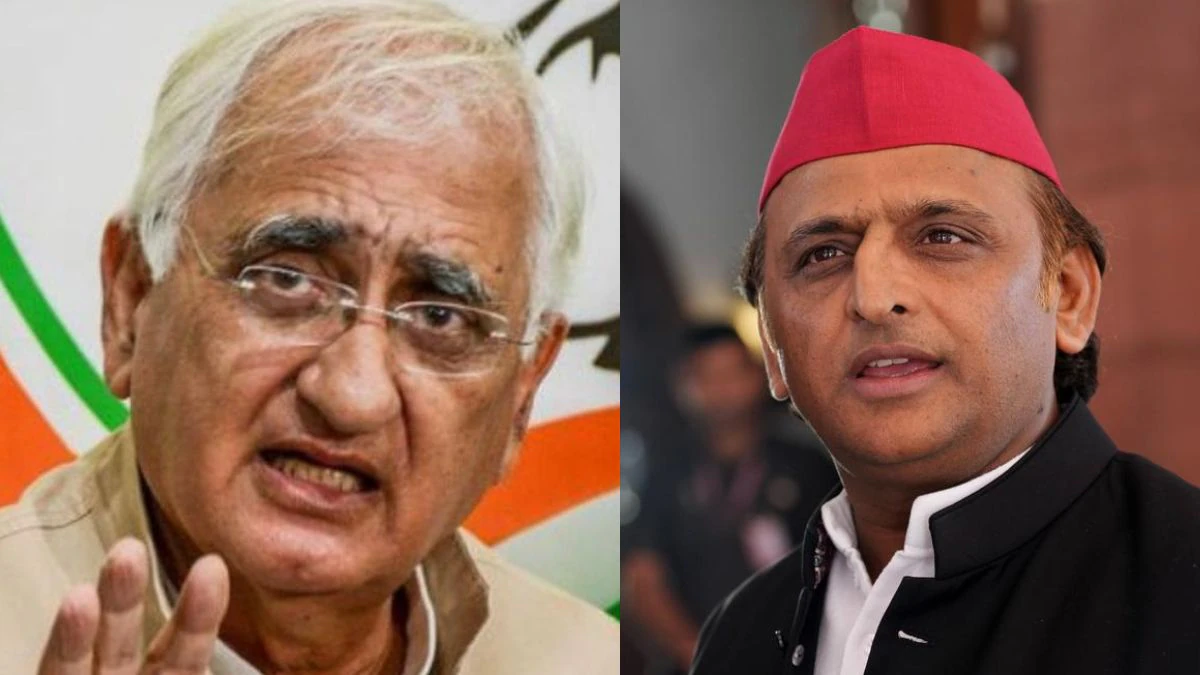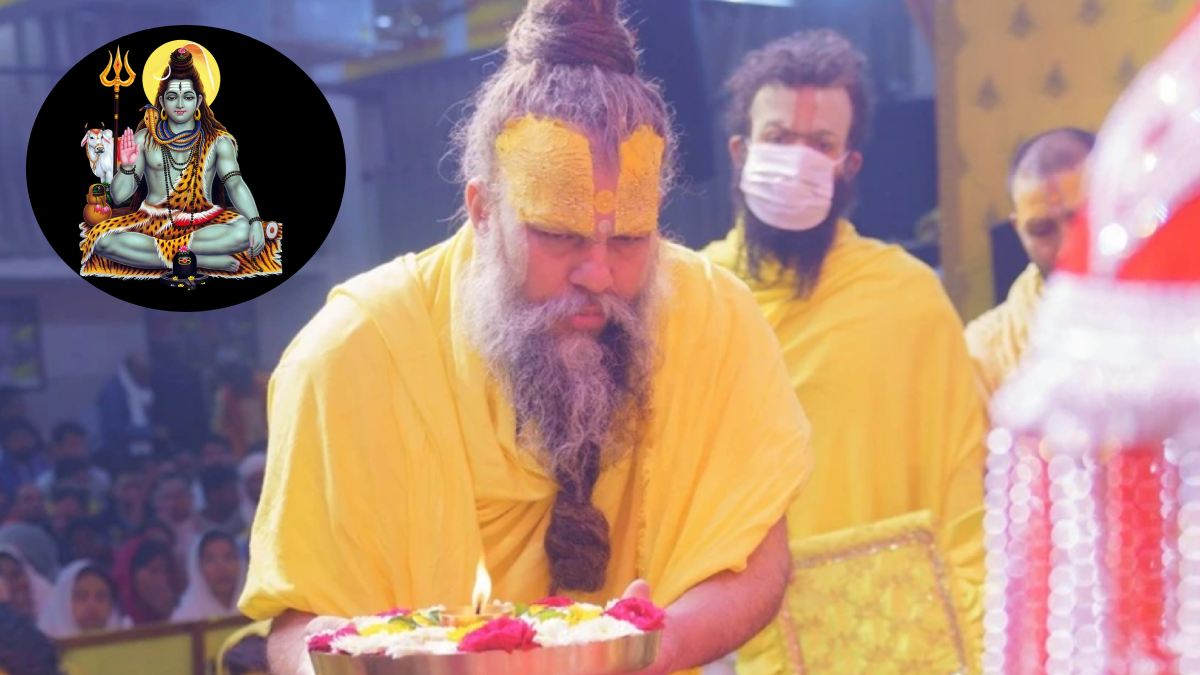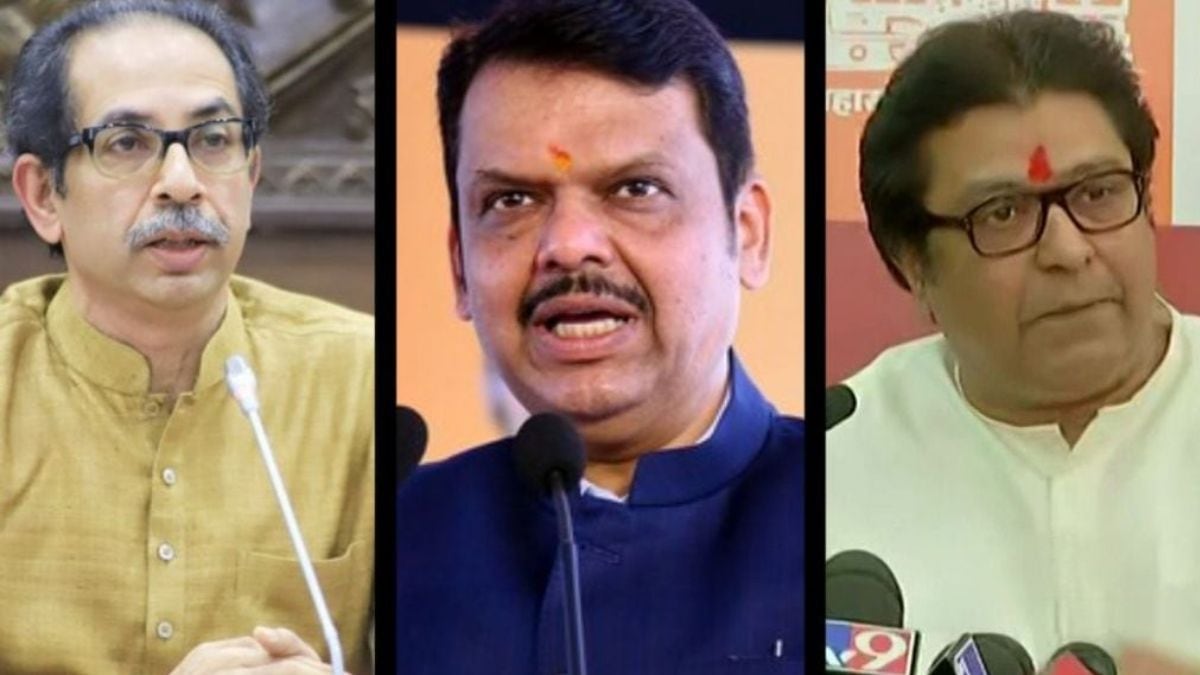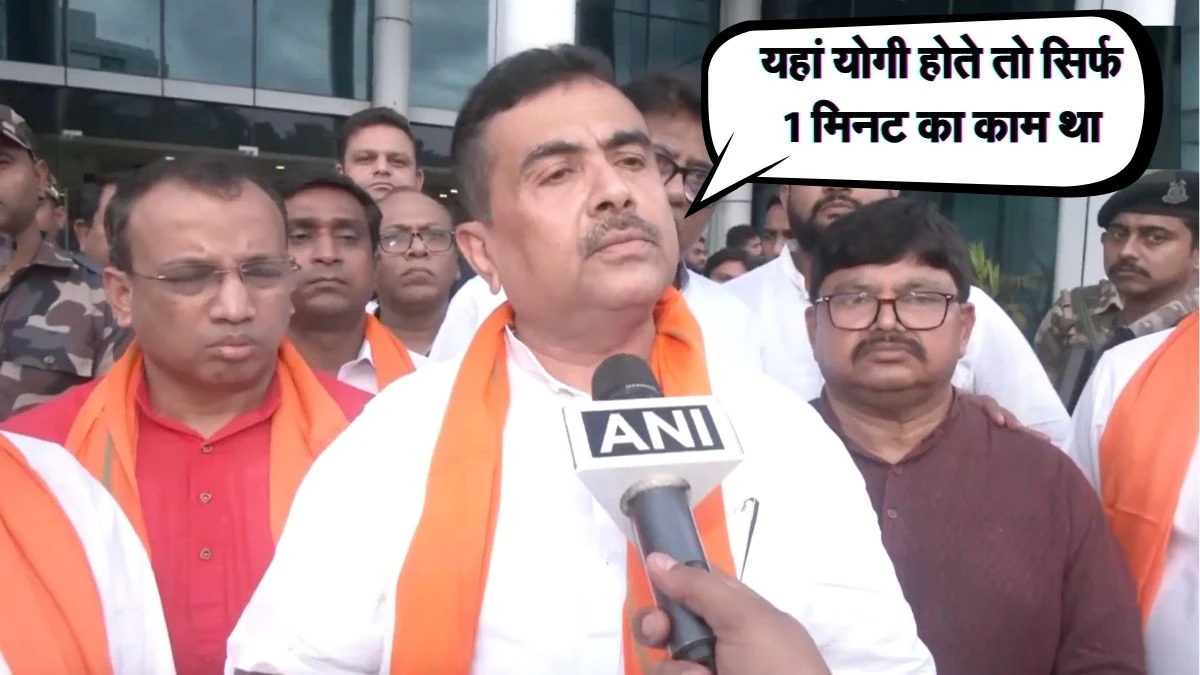From a delay in the promised increase in allotment to Rs 2,100, to complaints of duplicity and non-adherence of norms, to a minister admitting that the financial burden will hit other promises, the Majhi Ladki Bahin Scheme has hit issues a month after the Mahayuti swept to power largely riding on its popularity.
Having announced the cash handout for women below poverty line in last year’s budget, the Mahayuti government had ensured its implementation and the successful transfer of three monthly installments of Rs 1,500 each by the time of the elections. Even the Opposition parties, which were riding high on the Lok Sabha poll success, had admitted to being blindsided by the popularity of Ladki Bahin.
However, even before the polls, the estimated annual expenditure of Rs 46,000 crore had been a matter of concern. Given that there are 2.5 crore registered beneficiaries, the total annual expenditure would go up to Rs 63,000 crore if the allocation is raised to Rs 2,100 per month.
Soon after he took over as Chief Minister, Devendra Fadnavis made it clear that the promise to increase the allocation had a rider. “We are going to increase the amount to Rs 2,100. We will consider it at the time of the Budget, but we can do it only if our finances are channelised properly,” he said.
A month later, no one from the Mahayuti is talking about when the raise can be expected.
While sources within the Women and Child Welfare Department said a raise can happen only after “scrutiny”, officials in the Finance Department said an increase was unlikely in the ongoing fiscal. “If a decision is to be taken at all, it will be in the next fiscal as the state can hardly afford it,” an official said.
Last week, Agriculture Minister Manikrao Kokate said in Pune: “The expenditure on schemes like Ladki Bahin means that the farm loan waiver announcement will have to wait.”
Farm loan waiver was another pre-poll promise of the Mahayuti government. Besides this, the Mahayuti had guaranteed an increase in the annual payment to farmers under the Shetkari Sanman Scheme from Rs 12,000 to Rs 15,000, and payment of 20% above the MSP for agri produce.
Kokate has said that women under Ladki Bahin can anyway not get the benefits of the Shetkari Sanman Yojana. “They have to decide the scheme whose benefits they want to take.”
Opposition NCP-SP MLA Rohit Pawar questioned the logic, when the two schemes have different motives. “How can women farmers be denied the benefit of one?” said Pawar.
The government, meanwhile, is fighting charges by the Opposition that it is trying to cut down expenditure by pruning Ladki Bahin beneficiary list. The government recently announced that there would be cross-verification of beneficiaries, followed by deletion of names if needed.
As per the scheme’s rules, those with annual income of more than Rs 2.5 lakh, or owners of four-wheelers, or those who have shifted out of the state, or do not have a domicile certificate, or don’t have bank accounts linked to Aadhaar, or those who are already taking the benefit of another government scheme cannot be its beneficiaries.
An official of the Women and Child Welfare Department said the beneficiary list may come down by up to 10% (or 24 lakh people) if the complaints and issues raised by the local administration are addressed.
In one such incident in Dhule district, the government recalled the money sent to the account of Bhikubai Khairnar. The department says that the action was taken based on Khairnar’s application that the money was getting deposited into her son’s bank account linked to Aadhaar, instead of hers.
Senior Congress MLA Vijay Wadettiwar asked whether the earlier list of Ladki Bahin beneficiaries was merely for votes. “How did four people from one family receive benefits?… Why are you doing the verification now? This just shows how fake this government is and how it played with the emotions of women for the sake of votes,” he said.
Countering the Opposition’s claims, Women and Child Welfare Minister Aditi Tatkare told The Indian Express: “There will be no blanket scrutiny. We will scrutinise only the cases where the local administration has received complaints… or where there is violation of rules.”
For example, Tatkare said, around 60-70% of the beneficiaries are yellow and saffron colour ration card holders, or BPL. “There is no need to cross-verify their records.”
Some of the complaints received by the administration regarding the scheme include beneficiaries registering twice, violation of the stipulation regarding income and ownership of vehicles, and people claiming the benefit despite migrating from Maharashtra.
Stay informed with access to our award-winning journalism.
Avoid misinformation with trusted, accurate reporting.
Make smarter decisions with insights that matter.


